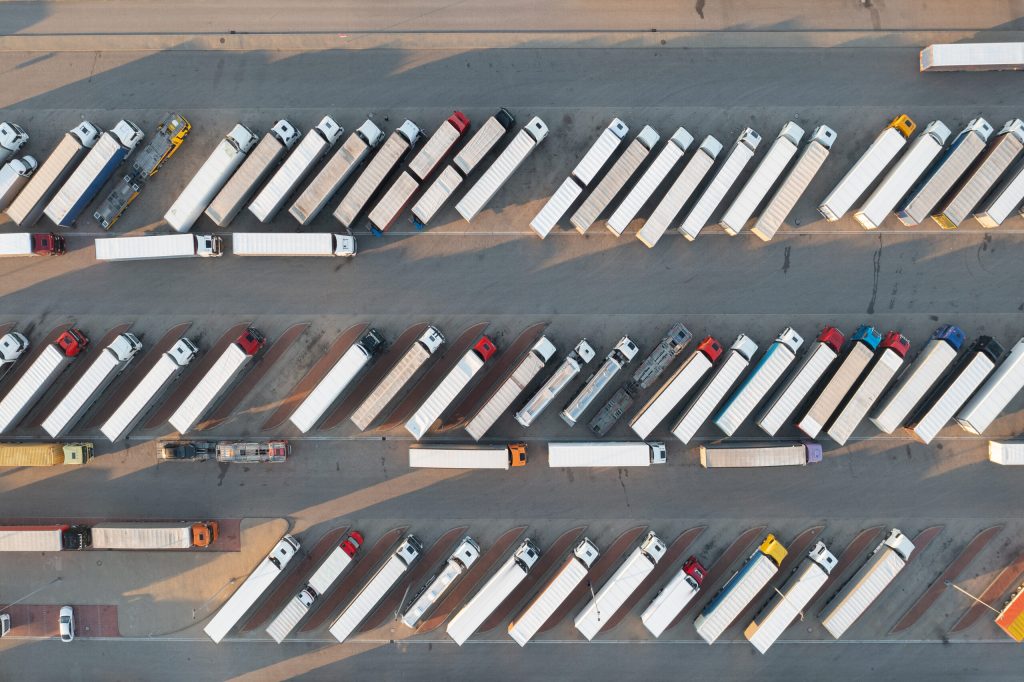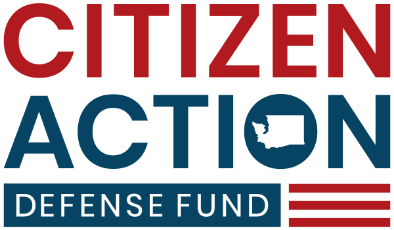
Late last month, the Washington Trucking Association (“WTA”) submitted a letter to Governor Inslee and lawmakers in Olympia urging them not to proceed with the so-called Advance Clean Trucks (“ACT”) Program, which the Department of Ecology (“Ecology”) borrowed, pell-mell and almost in whole, from California—a state with a particularly business-unfriendly bent. The ACT imposes on the trucking industry a wildly unrealistic schedule for replacing existing trucks with “zero-emission vehicles” (“ZEVs”), requiring the still-developing technology comprise 25 to 55% (depending on vehicle class) of all fleets by 2029, and will force businesses to ditch all non-ZEVs by 2036.
CADF has now joined the fray, penning its own letter to the governor and the director of Ecology beseeching these key players to ditch a program that by some estimates will cost the industry billions—expenditures that inevitably are passed on to consumers, and can have follow-on impacts in other industries with which trucking is intertwined. Since trucking still plays a pivotal role in bringing goods to market, overregulation of this industry redounds to so many others. As the WTA notes, trucking by itself employs one in 17 Washington residents.
Parallel to WTA’s focus on the dire economic consequences of implementing ACT, CADF’s letter sketches the legal context of this case, arguing in particular that Inslee and Ecology are well within their constitutional and statutory power to withdraw the Program as-is, and replace elements of it to ensure compliance is both possible and not so prohibitively expensive that it essentially kills the very industry it is allegedly meant to help save. To wit:
RCW 70A.30.010 does not require perfunctory adoption of California’s emissions standards, but a balanced consideration of logistical, safety, and economic limitations in implementation. Instead, under RCW 34.05.350, an agency may find good cause for an emergency rule that does not conform perfectly with statutory directives when such emergency rule “is necessary for the preservation of public health, safety, or general welfare, and that observing the time requirements of notice and opportunity to comment upon adoption of a permanent rule would be contrary to the public interest[.]”
The threats ACT poses to the “general welfare” are immense, even by a conservative reading of the worst-case scenario. Washington’s economy is overburdened enough already. According to CNBC, Washington currently ranks 39th in “cost of doing business” and also an abysmal 42nd in “business friendliness.” In the same categories, California ranks 45th and 47th, respectively. The Program could very well bankrupt a huge chunk of Washington’s roughly 1,000 trucking concerns, depressing the entire state economy along with it. “Washington is not California”—yet. But if our government maintains this and other unduly burdensome regulations (and continue adding more), sooner or later we will be.
Alki,
Sam Spiegelman

